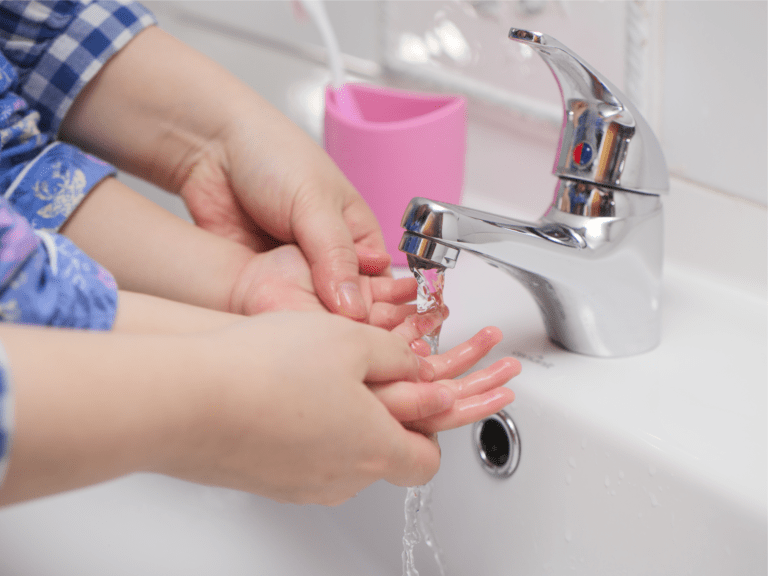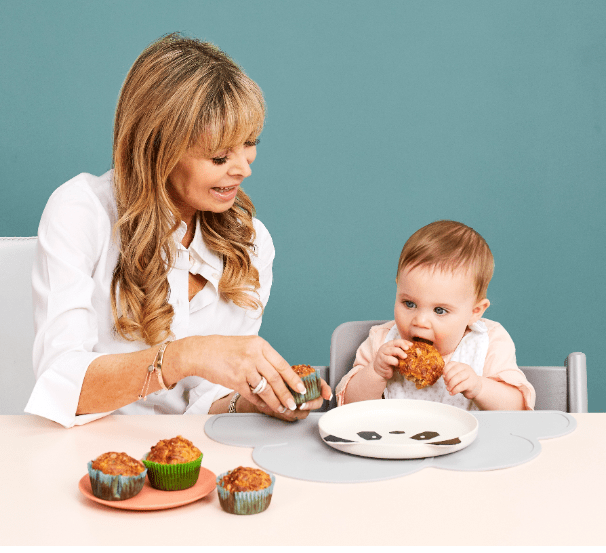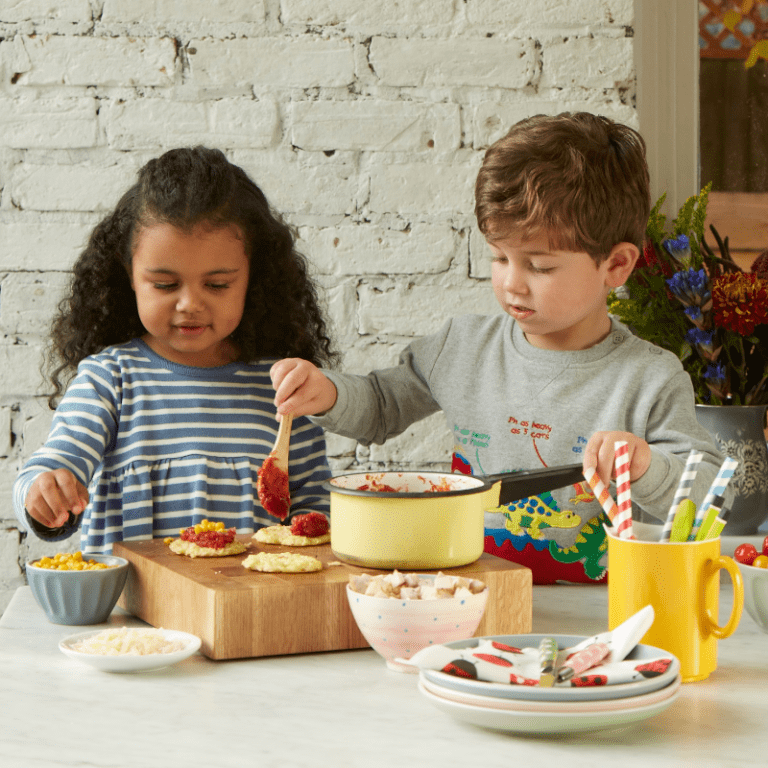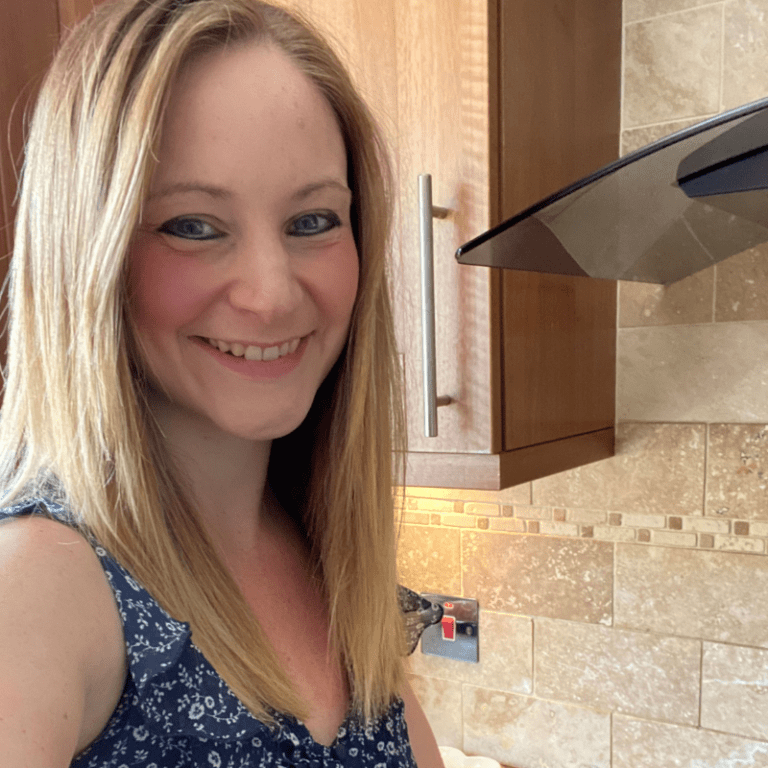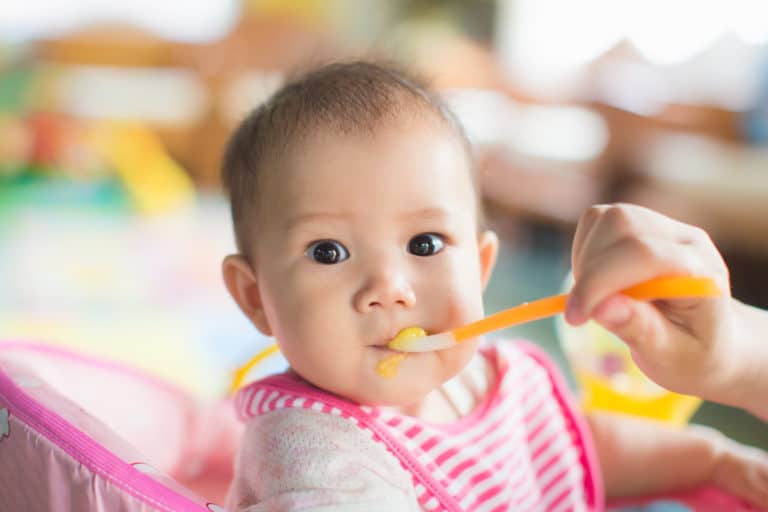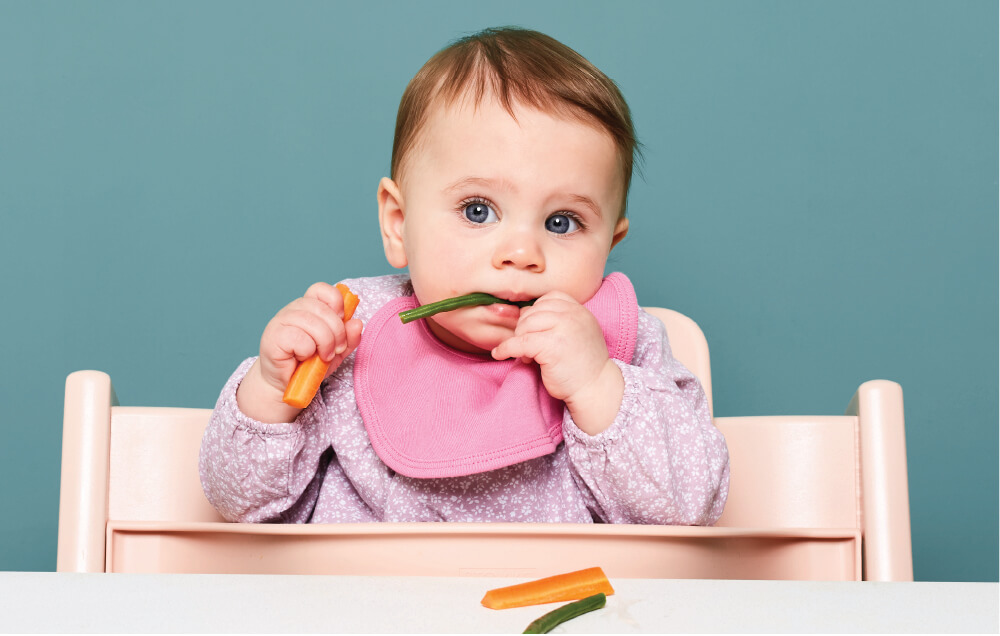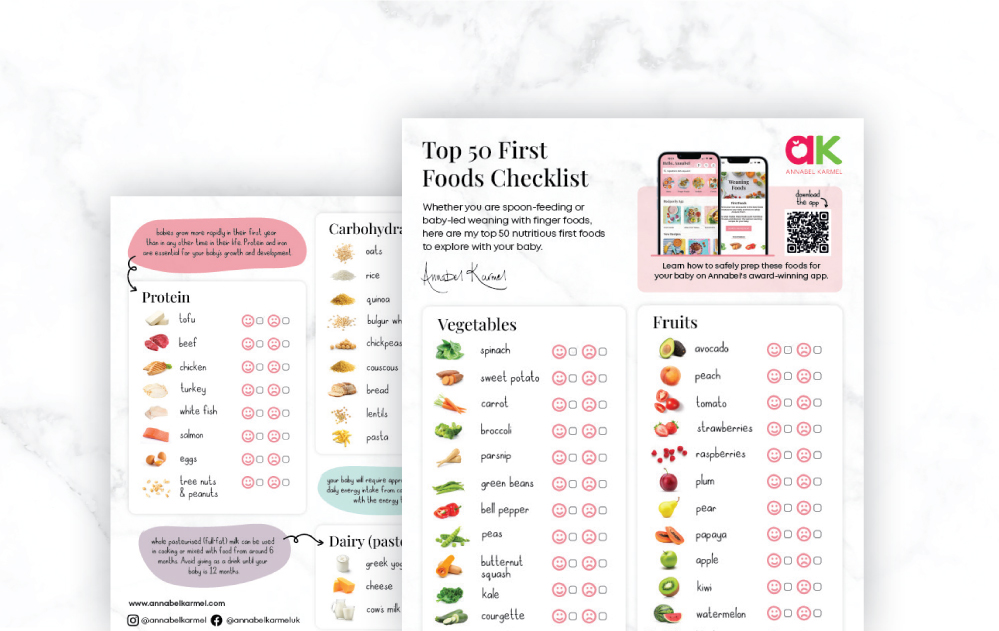Our favourite headteacher Karen Collett gives us a lesson in how to choose the best school for your child, and how to support their learning.
When it comes to finding the right school, the most important piece of advice I can give is a reminder that you know your child better than anyone else, so choose the school that feels like the best fit for the child that you know.
It makes sense to factor the OFSTED inspection report into your decision but you might not want to base things totally on this. There are a lot of factors to take into account when reading the inspection report such as; when was it written? Is the same headteacher at the school now as when the inspection was conducted? Are the same members of teaching staff still there?
A school can change a lot with different staff and under a new leader, with a different vision; a school can become an entirely different place – one that is not yet reflected in an up-to-date report. You can get a good feel of the day-to-day running of the school from past newsletters, many of which may be on the school website. These and the ethos of the school are as important as the academic results.
Find out the school vision statement as this will underpin the school values. As a parent of a child at any school it is important that you support the vision. Do you feel that you can share the prospective school’s vision? If not then it is probably not the right school for your child.
Visit the school and get a feel for it. Can you picture your child in the school? Would you be happy sending them in each day and leaving them in the staff’s care? You are going to be leaving them there for roughly six hours a day, so it is very important for both you and your child that you are happy and confident with your choice.
We all remember our first teacher and subsequent inspirational, kind and fun ones. We also remember some teachers for all the wrong reasons! Primary school teachers play a crucial role in shaping your child’s future, and at our school we aim to develop a love of learning in children so that they will develop into ‘life long learners’. Children who view learning as an exciting challenge are more likely to want to learn, and parents play a huge part in this process. It is therefore vital that the relationship between parents and teachers is a good professional one with the best interests of the child at heart.
I always say to parents that if they are worried or have any queries about anything then come and ask straight away. Don’t let things build up or fester and DON’T listen to playground gossip. Playgrounds are dangerous places and I have heard many a rumour that has developed from no truth whatsoever, resulting in poor parents worrying totally un-necessarily.
Communicate as much as you can with your child’s teacher and other staff. After all, your child is in their care for a good number of hours per day and during term time they probably see more of their teacher than you!
Most schools have allocated times in the morning or after school where you can quickly chat to the teacher about small problems. Larger concerns or lengthy conversations need an appointment. These things can be discussed to the point of resolution, rather than a quick snatch of a conversation on the playground – whilst the teacher is also making sure that all the other children are safe.
Do also remember that the teacher is the ‘expert’. In the same way that doctors do not like you to go in with self-diagnosis or be told how to do their job, neither do teachers! You and your child’s teachers have the same goal, so the need to work together is important.
Many schools will hold some kind of induction meeting for new parents or ‘meet the teacher’ evenings at the beginning of the school year. Do attend these and find out as much as you can about what your child will be learning. I have lost count of the number of parents who tell me that the only answer they get is ‘nothing’ when asking their children what they got up to at school that day. Quite disconcerting for parents who are new to the playground!
If you are informed about your child’s learning you can prompt them by asking questions such as ‘do you remember learning about repeating patterns today?’ or ‘your teacher tells me you have been learning how to use full stops’ This may prompt them into remembering what they have done. Remember that a lot is packed into the school day so tired children may not a) remember everything or b) be bothered to talk about it.
If you are lucky enough to have double the fun with twins then you may be constantly wondering which is the best way forward for them in terms of schooling. It is inevitable that one is going to excel more than the other in different ways and you may be trying to find the best way forward to support them.
I would say with any children, twins or not, try to stay away from making comparisons. Children progress at hugely different rates and over the years I have seen children who had made a fairly slow start in development suddenly excel at an enormous rate in later years. Try not to be too impatient and let children progress at their own rate.
It is an age-old argument whether to have twins in the same class or not. As a head teacher (and human being!) I figure that I would want to be close to my nearest and dearest. In my experience twins, especially at a young age, are incredibly close and being together helps them to feel safe and secure. It is not rocket science that children learn best when they feel safe and secure so why not have them together? Of course this is all very ‘twin dependent’ but in our school the vision is ‘excellence, care and fun for all’ and I believe that twins will live out that vision best if they are together.
September 2014 saw the introduction of Universal Infant Free School meals. All pupils in reception, year one and two in state funded schools in England should be offered a free school meal. Children in other key stages are offered a free school meal if they are in receipt of certain benefits.
There is a legal requirement for schools to offer a lunchtime meal that meets the school food standards where they apply. It is recommended that this should be a hot meal.
Extensive research has shown that children who eat better learn better. Children who have a warm nutritious meal in their tummies at lunchtime will perform better in the afternoon. Studies show that only 1% of packed lunches meet the nutritional standards currently applicable to schools. It is much harder to meet the standards with a packed lunch.
Food education is also back on the curriculum and this can be incorporated in the school lunch providing a whole school approach. This will lead to children loving their food, understanding where it comes from and what foods are nutritious to them.
Menus are usually provided in advance. You may think that your child won’t eat many of the foods on this menu but I promise that you will be surprised at the amount of children who try new foods in school because their friends are eating them. Many parents have been shocked at the different foods that children eat in school that they don’t eat at home. Be brave and let your children try the school foods. They will soon tell you if they don’t like it, but the benefits when they enjoy the meals will be enormous.
There has been a huge shift in the past few years in how we teach reading and spelling in schools, and phonics is having a huge and positive impact in helping children learn to read and spell.
Phonics is recommended as the first strategy children should be taught to facilitate reading and writing. Words that we read are made up of small units of sounds called ‘phonemes’ and phonics teaches us these to help pupils hear the sounds in the words, and then blend them together to read words and segment (separate) them to aid spelling.
To support your child’s phonics learning, find out what scheme your child’s school is using and use the same one at home. There are lots of websites that help reinforce what is taught in school but ensure you follow the same system, using different or conflicting schemes could lead to confusion.
Try to avoid the ‘uh’ sound you might have learnt to say for sounds like ‘b’, ‘c’, ‘m’ – say the ‘purest’ sound you can (a ‘short’ ‘b’ rather than ‘buh’, a long ‘mmm’ rather than ‘muh’). Ask your children’s teachers if you are unsure.
Children are currently tested in phonics in year one. The test is conducted on an individual basis and results are as much a reflection on the school as the child. They also enable teachers to optimize your child’s learning.
The following glossary of terms may help you to understand the language of phonics:
- Phoneme: a single unit of sound that you can hear
- Grapheme: a single unit of sound that is written
- Digraph: 2 letters that make one sound e.g. oa, ie, ch
- Trigraph: 3 letters that make one sound e.g. ear, air
- Tricky words: words that can’t be sounded out such as the, my, no, me.
- CVC: A consonant-vowel-consonant word, such as cat, pin or top. You may also come across the abbreviation CCVC for consonant-consonant-vowel-consonant words such as clap and from. Also CVCC for words such as mask and belt.
Why why why?
All parents are familiar with young children’s endless enthusiasm and intrigue in the world around them. Keep them engaged! Being inquisitive is what makes learning fun, especially for pre-schoolers who are years away from a yes/no exam paper.
Don’t worry if your four year old has already foxed you with questions like: ‘how deep is the sea?’ or ‘how high is the sky?’ Getting things wrong or admitting that you don’t know the answer to a question is as important a lesson to learn as the correct answer. Showing your child where to look for answers (books, on the internet, a teacher) will set them on the path to independent learning too.
Beyond the blackboard
Learning doesn’t stop once the bell rings. Life lessons, allowing your child to figure out who they are as an individual, can be taught anytime, anywhere. Developing character, confidence and wellbeing are as important as the skills learnt in the classroom. Not all children are on a path to Nobel prizes and scholarships, but they all deserve to be happy and secure.
Quash the coach
Extra tuition has its place and supplementing learning can do wonders for a child’s confidence and ability, however the coaching culture seems to have hit an all time high and it doesn’t always have the desired result. Young children feel the pressure and burden of expectation and this can stifle their potential rather than fulfill it.
Have trust in the teachers at school. Top up tutors may have a coaching style or syllabus that doesn’t mesh well with the schools and that can jar a child’s learning rather than oil it. One of the best lessons you can teach them is who they are as a person, not who you might like them to become.
Computer compliance
Technology has moved at such a pace that parents are often a few steps behind their tech savvy offspring. Cyber safety is a very real concern but with the correct parental controls in place, giving your children computer time is not just advisable it is essential. Computers are no longer confined to an IT suite. Technology is a portable part of the school day just as it is at home, and just as it will be when they enter the world of work. Of course children need running, jumping, screaming, skipping outdoorsy hobbies as well, but don’t feel you need to be too stringent on the screen time.
Successful failure
The term helicopter parenting was coined to describe those parents that hover so close to their children that they never learn to fall, literally or metaphorically. It’s a tough thing to accept even as a grown up but sometimes you learn more when things go wrong than you do when they go right. Although it may feel like it, it really isn’t the end of the world when life for your little people doesn’t go just how they or you would wish.
Chill-dren
Tempting as it is to sign your children up for every club going (they enjoy it, you enjoy the peace) remember that youngsters are more over stimulated and over organised than ever before and they need some down days. Let the children chill occasionally as learning to be bored is no bad thing!







